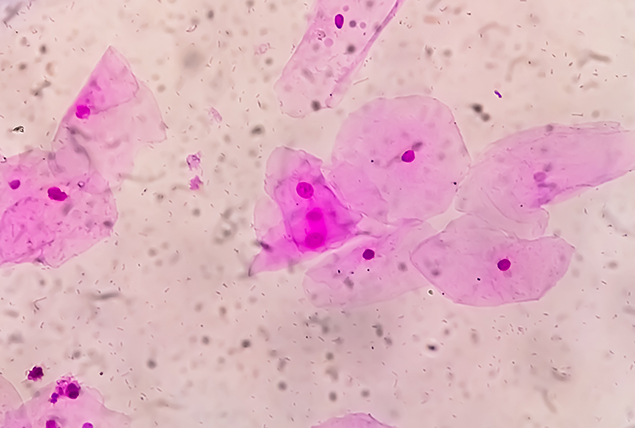If you've recently been experiencing odorous vaginal discharge or itching around the vagina, you may be dealing with a case of bacterial vaginosis, or BV.
While BV may sound worrisome, it is a common condition and can usually be successfully treated with antibiotics.
Learn more about what bacterial vaginosis is, how it's diagnosed and how it's treated.













